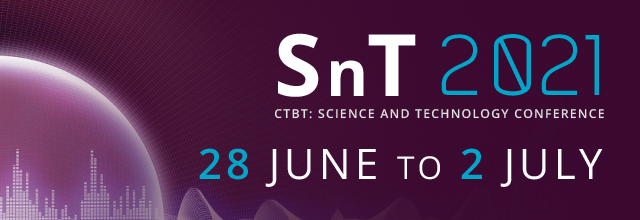Speaker
Description
Legally-binding nuclear-test ban is essential to ensure peace and security for all. Throughout the years, we have witnessed international agreements on nuclear arms control that have come into force. Nevertheless, we still lack a comprehensive treaty that could prevent catastrophic impacts caused by nuclear testing. Putting a halt to nuclear testing is one of the most intense battles in arms control history. Thus, it is vital that we must start incorporating science and technology elements into our discussions. This study aim to analyzes science and technology elements in the Southeast Asian Nuclear-Weapon-Free Zone Treaty or the Bangkok Treaty. The analysis will include evaluating radionuclides released into the environment due to the nuclear explosion and nuclear fallout effect from a biological and environmental point of view and whether or not the Bangkok Treaty had considered the health and ecological impacts of nuclear weapon detonation. Involvement of science in the policy-making process would ensure that the policy remains intact with the rapid developments of science and technology, and subsequently could continue to enhance operational capability. The results of this study, including lessons learned and best practices in the Bangkok Treaty, are expected to influence decision-makers in determining policies regarding nuclear testing.
Promotional text
Our study aims to open a dialogue between scientific groups and policymakers. We have broadened our knowledge of nuclear weapons bans by collaborating with various parties to conduct this research. At the same time, we are leaving a trail of awareness on our way.

